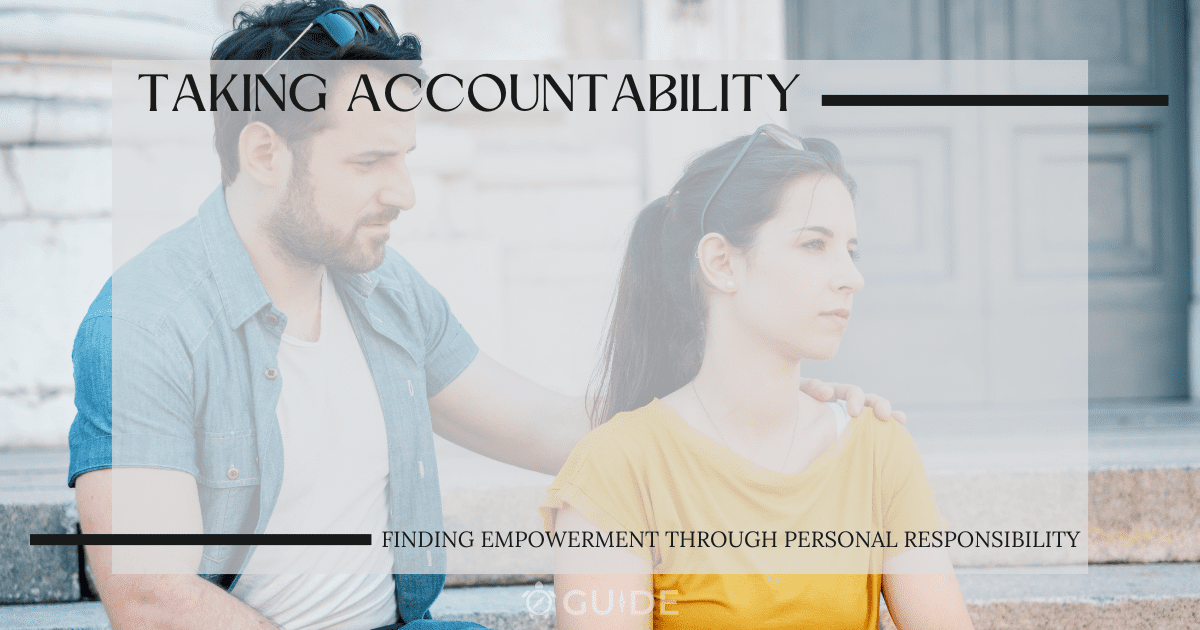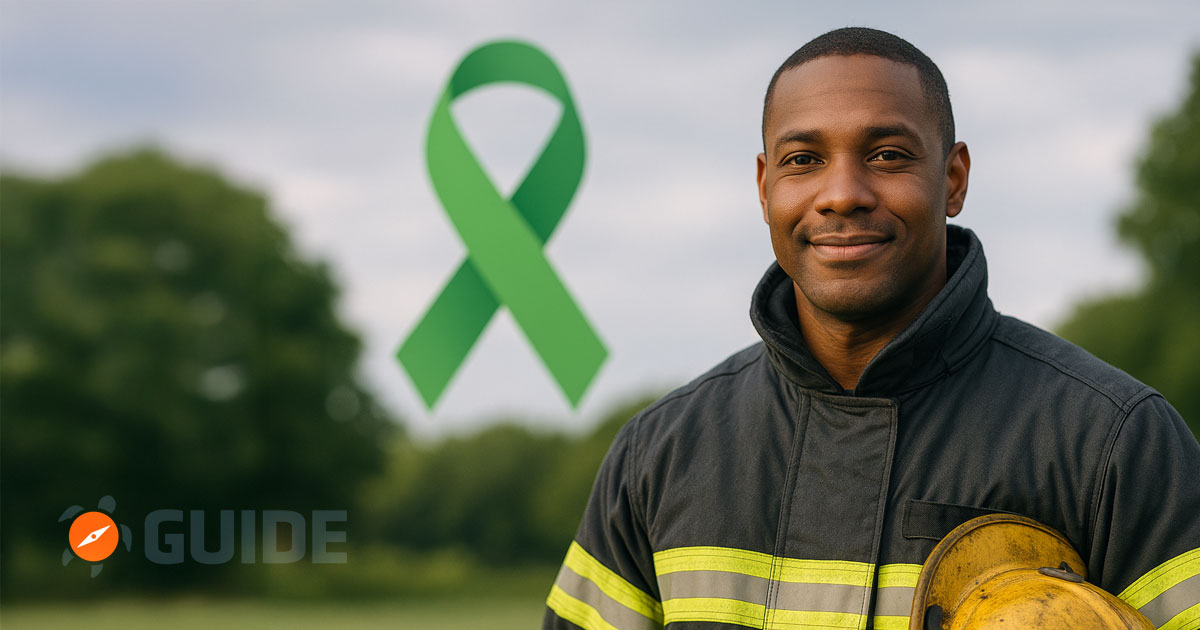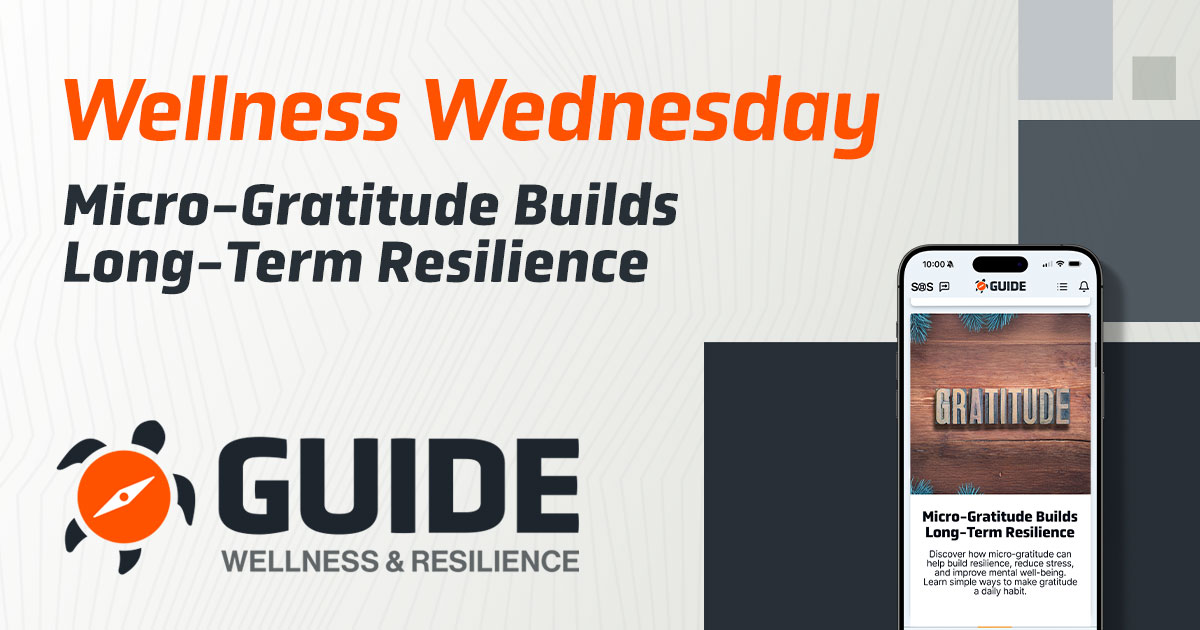by Justine Luzzi
There are a lot of misconceptions about what taking accountability actually means. It’s not about self-hatred or assigning blame. Rather, it’s about taking personal responsibility and owning what happens on your side of the street, as well as apologizing and making amends when appropriate. Taking accountability is the opposite of playing the victim, and doing so leads to empowerment.
Taking accountability has profound benefits. It can help you to:
- Gain more confidence
- Build healthier relationships
- Cultivate better mental and emotional wellness
- Lead a more successful life.
- Grow and evolve as a human being
Self-Reflection
Taking accountability is a self-reflective process that includes being able to see a situation from different perspectives. It requires you to put yourself in other people’s shoes, cultivate empathy and compassion, and acknowledge other people’s full humanity. It can also help you to find forgiveness, and see clearly what part you played a part in an argument, conflict, or difficult situation.
Finding Empowerment Through Personal Responsibility
Finding value in life’s challenges is how you shift out of a victim mentality and into a position of empowerment. Victimization and blaming others can keep us locked in a cycle of hopelessness, depression, anger, and preoccupation with revenge. There is almost always a part we played in a conflict, and being able to accept that and take personal responsibility is important to our own healing and growth.
Forgiveness and Making Amends
Taking accountability includes apologizing and making amends when necessary and possible. Apologizing doesn’t necessarily mean you are in full agreement with the other person’s perspective of the situation. It simply means you can accept and acknowledge their experience, and take responsibility for any hurt or harm that you may have caused, even inadvertently.
If someone offers you a sincere apology for causing harm, accepting their apology with appreciation is a step toward healing. It’s okay if it takes time to truly forgive them in your heart. Don’t rush your process or try to force a feeling – forgiveness can take time, and there’s nothing wrong with that.Taking accountability is not an easy or comfortable process, but doing so will strengthen you as a person and allow your relationships to flourish.
Want more tips for taking accountability to improve your life experience and interpersonal interactions? Check out The GUIDE App’s mobile, micro-learning course, “Taking Accountability.” Not yet a member of The GUIDE App? Click here to learn more about how to get started, and why agencies around the country agree this is an on-the-go wellness resource no First Responder should be without.



